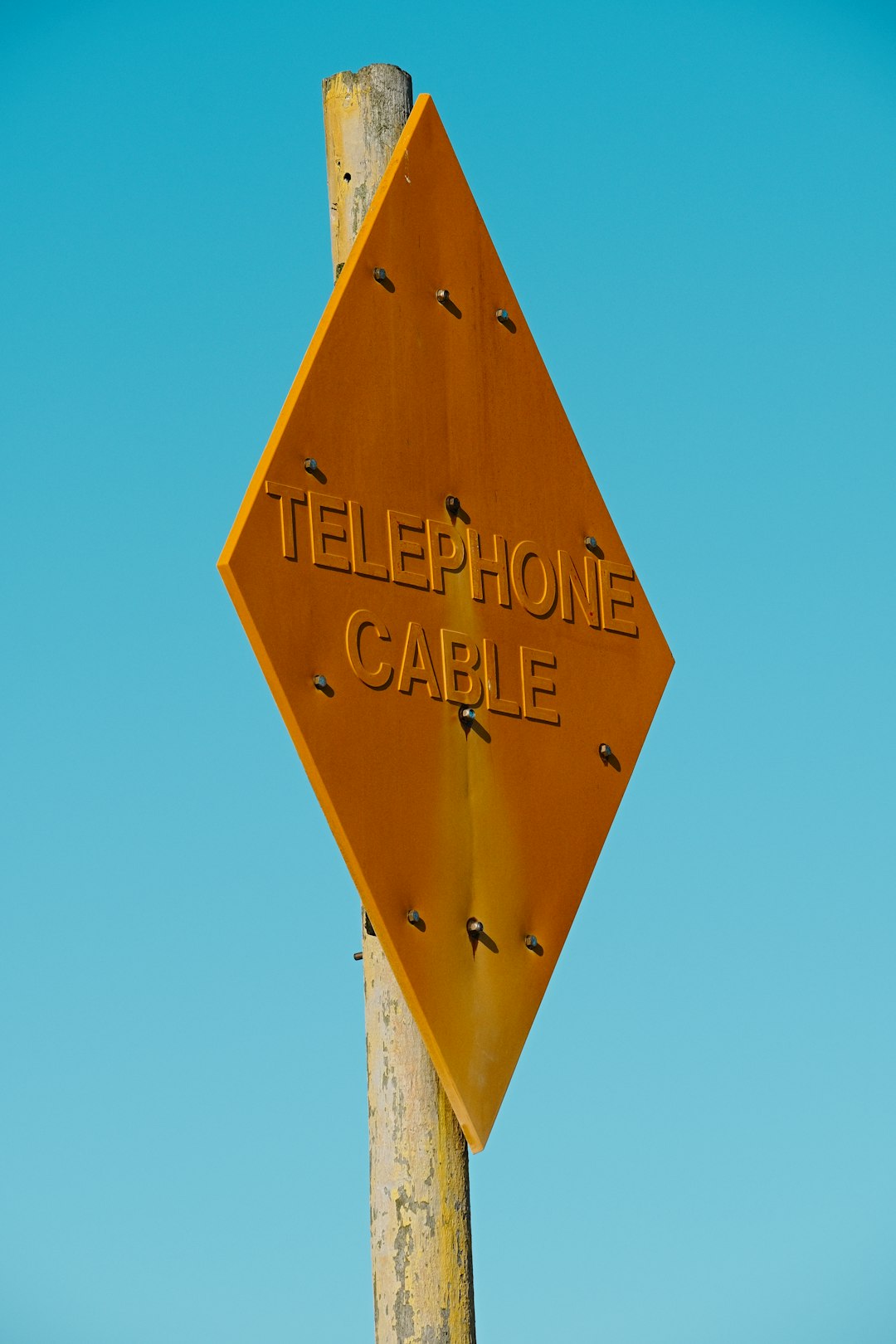Voice assistants have evolved from convenience tools to powerful AI tools, aiding in the fight against robocalls. In Colorado, where residents face a surge in unwanted calls, specialized law firms offer assistance with legal action under the Telephone Consumer Protection Act (TCPA). Scammers exploit voice technologies, making it hard for users to distinguish legitimate calls. However, Coloradans have options: they can sue for robocalls, block future calls, and seek compensation with help from qualified spam call lawyers or firms specializing in TCPA cases. Understanding one's rights is crucial in navigating this digital age nuisance.
In the digital age, voice assistants like Alexa have evolved from novelty to integral parts of our daily lives. This article explores the journey from early AI assistants to modern, advanced systems and delves into their unexpected impact on robocalls in Pueblo, Colorado. With a focus on spam calls, we analyze how these technologies contribute to the problem while also offering potential solutions. Additionally, we discuss legal options for Coloradans considering whether they can sue for robocalls under state and federal laws, highlighting the role of TCPA lawyers in navigating these complex issues.
A Historical Perspective: From Alexa to Advanced AI Voice Assistants

The evolution of voice assistants has been remarkable, from Alexa’s initial launch in 2014 to the sophisticated AI models we have today. These virtual assistants, initially designed for convenience, have now become powerful tools with capabilities that extend far beyond simple command execution. The journey began with basic voice recognition and limited functionality, but rapid advancements in natural language processing (NLP) and machine learning (ML) have led to more human-like interactions.
Modern voice assistants like Siri, Google Assistant, and Amazon’s Alexa employ advanced AI algorithms, enabling them to understand complex queries, engage in conversational dialogue, and learn from user preferences. This evolution has significantly impacted the realm of robocalls, once a prevalent nuisance with limited regulation. With improved detection capabilities, users can now identify and block spam calls more effectively. Moreover, as these assistants become more integrated into daily life, they offer potential solutions for consumers to combat unwanted phone marketing, especially in Colorado, where laws like the TCPA (Telemarketing Consumer Protection Act) provide recourse for victims of robocalls. The ability to sue for robocalls in Colorado and seek legal assistance from specialized firms is now easier than ever, thanks to the advanced AI voice assistants that aid in identifying and mitigating these calls.
The Rise of Spam Calls and the Role of Voice Assistants in Pueblo, Colorado

In recent years, Pueblo, Colorado has witnessed a surge in unwanted and intrusive robocalls, leading many residents to wonder if they can sue for robocalls in the state. This deluge of spam calls is not just an annoyance; it’s become a significant concern for consumers who are increasingly frustrated by the lack of control over their phone lines. The rise of voice assistants, while offering numerous benefits, has inadvertently contributed to this issue. These virtual assistants, integrated into various devices and platforms, can inadvertently expose users to more spam calls due to their interactive nature.
With advancements in technology, scammers have found new ways to exploit voice assistants for their malicious activities. They use automated systems that generate personalized messages, making it harder for users to distinguish between legitimate calls and robocalls. As a result, many residents are left unsure about their legal rights when dealing with these intrusive calls. Fortunately, there are spam call law firms in Colorado specializing in TCPA (Telephone Consumer Protection Act) cases, providing assistance to those who want to take action against these nuisance calls. These lawyers can help determine if you can sue for robocalls and guide you through the process of seeking compensation or blocking future calls.
Legal Aspects: Can Coloradans Sue for Robocalls with Help from TCPA Lawyers?

In the age of advanced technology, voice assistants have become an integral part of our daily lives, but they’ve also inadvertently facilitated a rise in robocalls. When it comes to dealing with unwanted spam calls, Coloradans have legal options available to them under the Telemarketing Consumer Protection Act (TCPA). If you’re wondering, can I sue for robocalls Colorado?, the answer is yes; many coloradans have successfully taken action against violators through TCPA lawsuits.
With the assistance of a qualified spam call lawyer Colorado or spam call law firm Colorado, residents can explore their rights and potential remedies. These legal professionals are well-versed in navigating the complexities of the spam call law firms Colorado and TCPA, enabling them to help clients regain control over their communication channels. By understanding their rights, Coloradans can take proactive measures against unwanted robocalls and seek compensation for any harassment or inconvenience caused.






